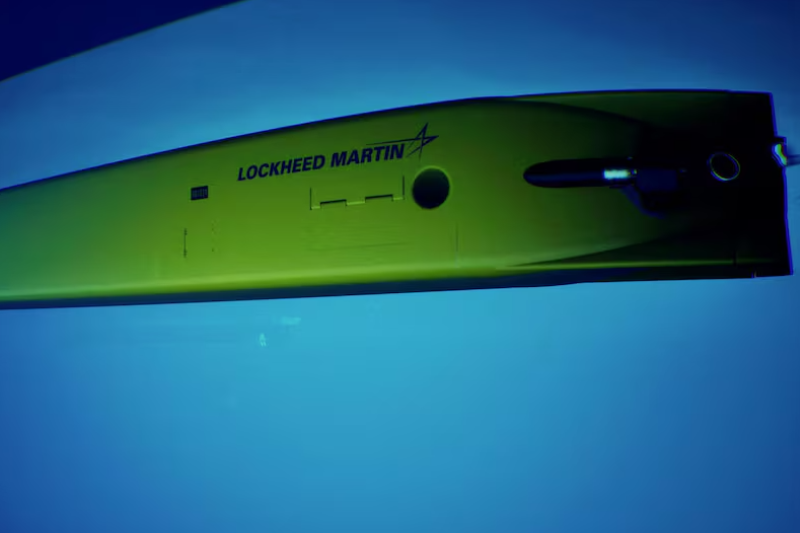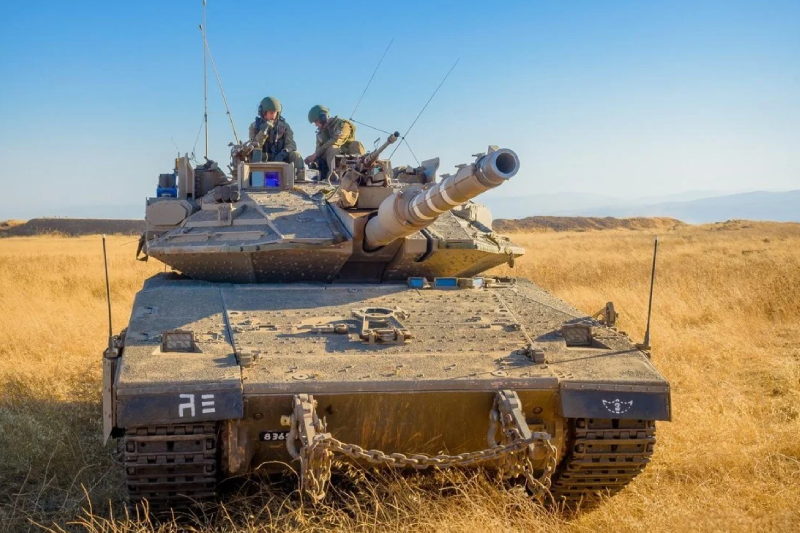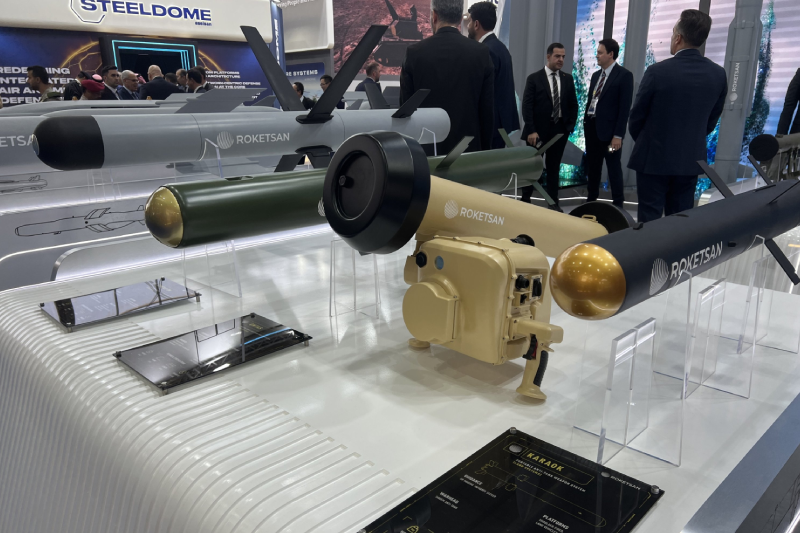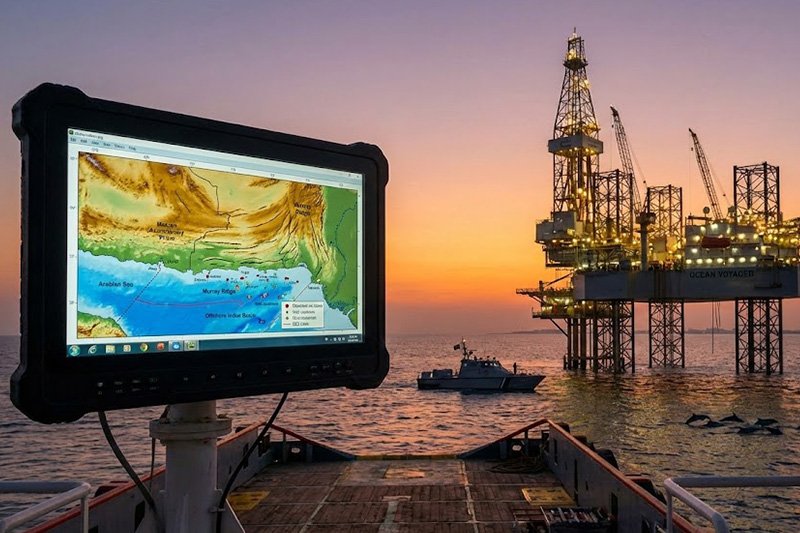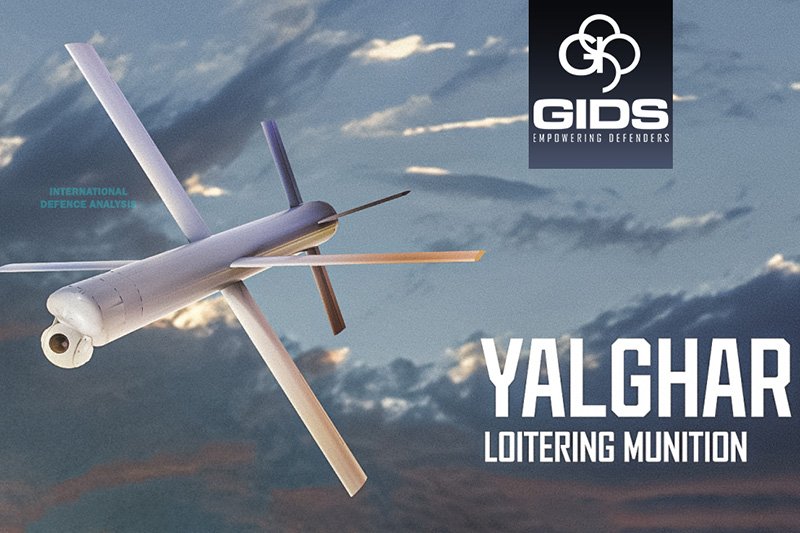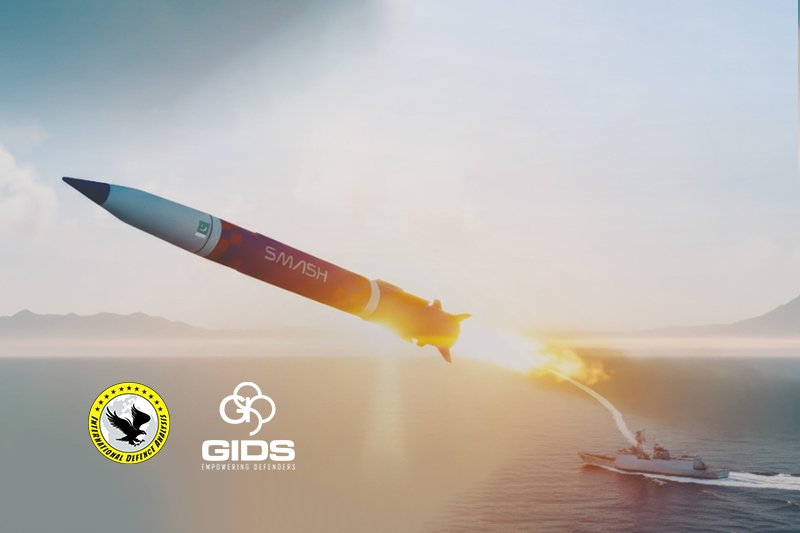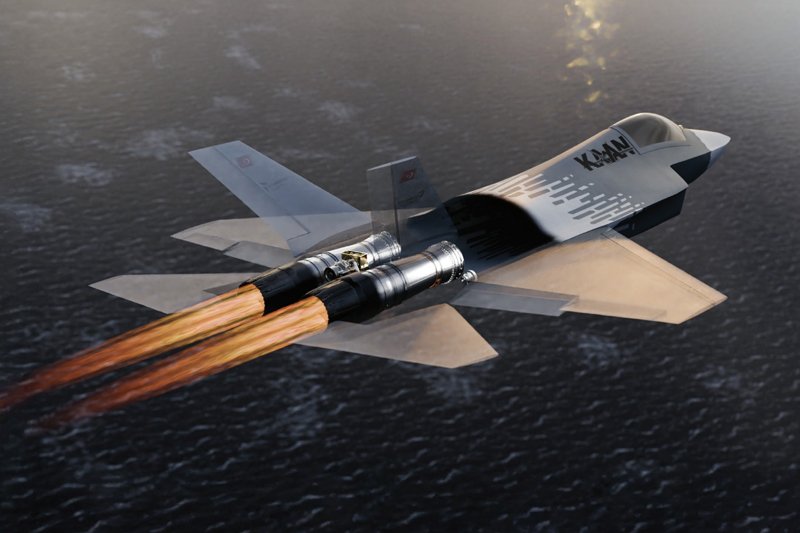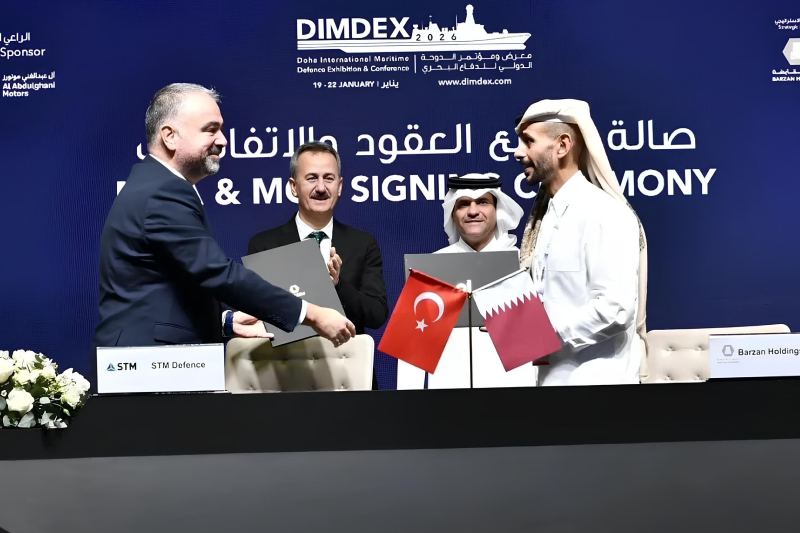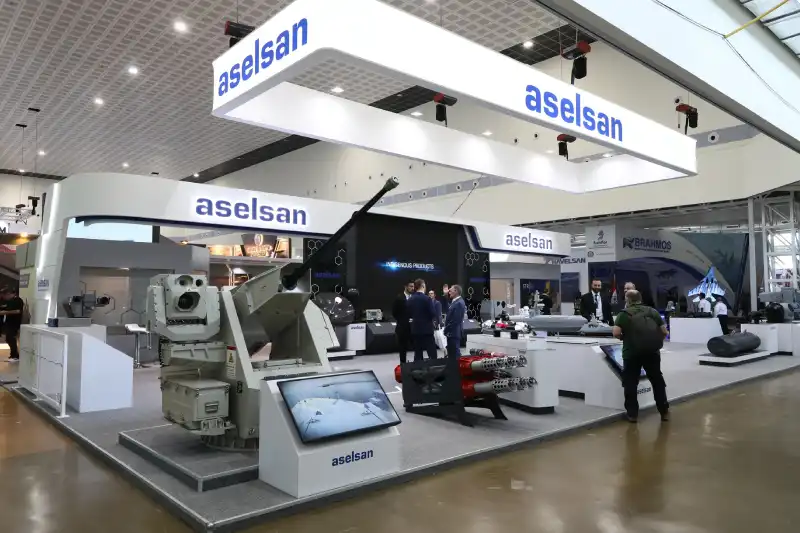Global Defense Stocks Soar in 1st half 2025: Aselsan and Papilon Lead the Charge
Global defense and aerospace companies have recorded substantial stock gains in the first half of 2025. This surge is driven by increased security concerns and NATO’s ambitious new defense spending targets.
Deepening military cooperation between Türkiye and European nations has also played a key role. This remarkable growth reflects investor confidence in the defense sector’s long-term prospects amid evolving geopolitical challenges.
The rally has been particularly pronounced following widespread military investment decisions by European nations. These decisions respond to rising threats since the Russia-Ukraine war and strained transatlantic defense relationships under President Donald Trump’s renewed administration.
This market performance demonstrates the sector’s resilience and growth potential in an increasingly uncertain global security environment.
NATO Spending Boosts Market
The NATO Summit witnessed historic commitments from 32 member states. They pledged to raise defense spending to 5% of gross domestic product by 2035, a dramatic increase from current levels.
Key Market Drivers
- The official communique emphasized long-term threats from Russia and terrorism.
- This unprecedented investment commitment has spurred significant market activity.
NATO Investment Breakdown
The alliance’s commitment includes allocating a minimum of 3.5% of GDP for core defense capabilities and NATO capability goals. The remaining 1.5% is dedicated to broader security expenditures.
This announcement triggered a significant rally across global stock markets. Defense contractors in Europe, the United States, and Asia are benefiting from widespread investor optimism about future revenue growth.
Top Global Defense Stock Performers
Turkish Defense Firms Top Global Rankings
Türkiye’s Aselsan has emerged as one of the top global performers in the defense sector. The company achieved a remarkable 100.8% increase in stock price during the first half of 2025.
This exceptional performance has made Aselsan the most valuable company on Borsa Istanbul’s BIST 100 index. It reflects the company’s expanding international presence and technological capabilities.
Aselsan continues to expand its export markets. Recently, it secured a $71.9 million contract with the Presidency of Defense Industries for next-generation network-based military communication systems.
This contract demonstrates the company’s technological advancement and competitive positioning in critical defense infrastructure markets.
Papilon Savunma’s Exceptional Performance
Papilon Savunma’s shares experienced even more dramatic growth, rising 138.6% during the reporting period.
This performance reflects heightened investor confidence in Turkish defense firms. It also highlights Türkiye’s growing role in European defense architecture as nations seek to diversify their defense supply chains.
Regional Performance Analysis
European Defense Giants See Strong Growth
Germany’s Rheinmetall led international defense companies with an extraordinary 183.4% gain. This reflects the company’s strategic positioning in European defense modernization efforts.
South Korea’s Hanwha Aerospace followed with a 159.7% increase, while Sweden’s Saab achieved 125.8% growth. This demonstrates strong performance across diverse defense markets.
Other notable European performers included Leonardo (Italy) with 84.3% growth. Rolls-Royce (U.K.) gained 70.1%, and Mitsubishi Heavy (Japan) rose 62.4%.
French companies Dassault Aviation and Safran posted gains of 55.3% and 30% respectively. Meanwhile, BAE Systems (U.K.) achieved 54.1% growth.
US Defense Companies
American defense contractors demonstrated more moderate but consistent growth patterns. RTX Corporation led US firms with 26.2% growth.
L3 Harris Technologies gained 19.3%, while Boeing achieved 18.4% growth despite ongoing challenges in its commercial aviation division.
General Dynamics posted 10.7% growth, and Northrop Grumman increased 6.5%. This reflects steady demand for US defense technologies.
Notably, Lockheed Martin experienced a rare decline of 4.7%. This may reflect market concerns about specific program performance or competitive positioning.
Trump Policies Reshape Global Defense Markets
The realignment of US foreign policy under President Donald Trump has introduced significant uncertainty in European defense markets. Security strategies are rapidly evolving as a result.
The decision to exclude the European Union from US-Russia-Ukraine negotiations has had an impact. Visible cooling in US-Ukraine relations, including temporary suspension of military aid to Kyiv, has accelerated European defense spending plans.
This policy shift has pushed European nations to prioritize defense independence. It has also accelerated military modernization programs, creating opportunities for contractors.
The resulting market dynamics favor companies capable of supporting European strategic autonomy initiatives.
Middle East Arms Deals Drive Defense Growth
Trump’s May visits to Saudi Arabia, Qatar, and the UAE resulted in over $3 trillion in investment and arms agreements. This included the largest arms deal in history with Saudi Arabia, valued at $142 billion.
These massive agreements have significantly bolstered the performance of US defense firms. They have also created substantial long-term revenue opportunities.
The Middle East agreements reflect broader global trends toward military modernization. This creates sustained demand for advanced defense technologies.
These deals demonstrate the defense industry’s capacity for large-scale international cooperation and technology transfer.
Join us on Facebook, Twitter, YouTube, Instagram, and TikTok for real-time coverage of defense events worldwide.
Discover more from International Defence Analysis
Subscribe to get the latest posts sent to your email.



